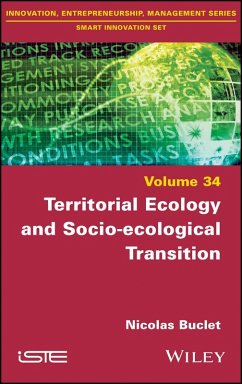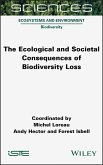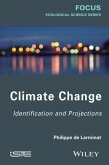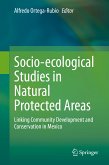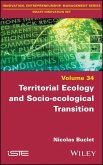In the same realm as social ecology, industrial ecology and the circular economy, a new interdisciplinary field is growing: territorial ecology. Based on the analysis of the metabolism of human societies at a local level, it helps us diagnose a socioecosystem. This diagnostic is not only based on what is circulating, but also on how it is organized and why. Who is at the origin of a flow? What are their motivations? Who has the power to make decisions about it? This methodology, taking into account both the material description of human societies and the analysis of decisionmaking processes, might also be relevant for territorial diagnostics. It leads us to a systemic view of the consequences of individual and collective actions on the sustainability of local socio ecosystems. Socio-ecological transition implies a substantial evolution of human societies. Innovation, be it technological, organizational or social, is intrinsically involved in this evolution. However, if transition calls for disruptive rather than incremental innovations, we must also assess these innovations with a systemic view of their consequences.
Dieser Download kann aus rechtlichen Gründen nur mit Rechnungsadresse in A, B, BG, CY, CZ, D, DK, EW, E, FIN, F, GR, HR, H, IRL, I, LT, L, LR, M, NL, PL, P, R, S, SLO, SK ausgeliefert werden.

